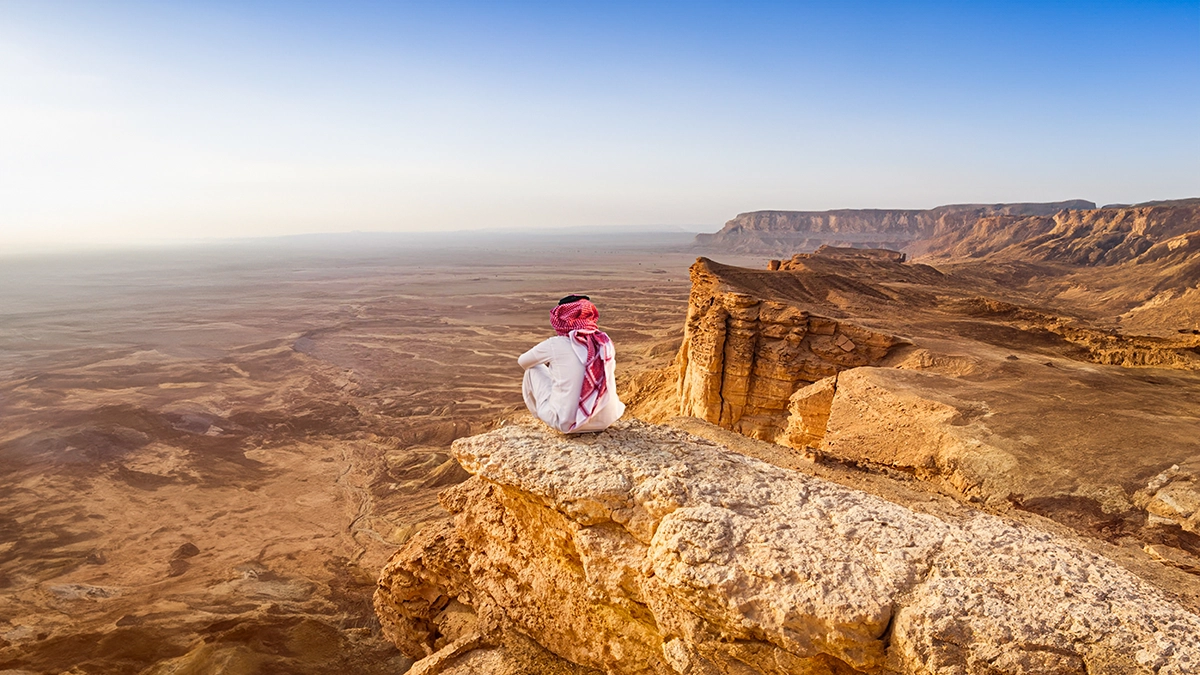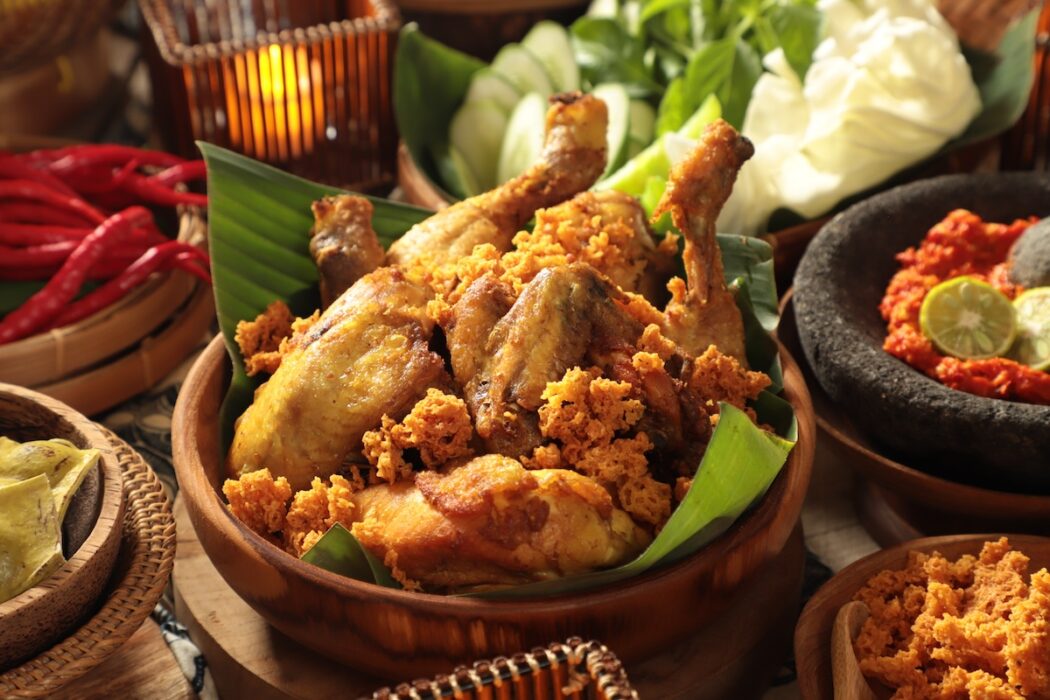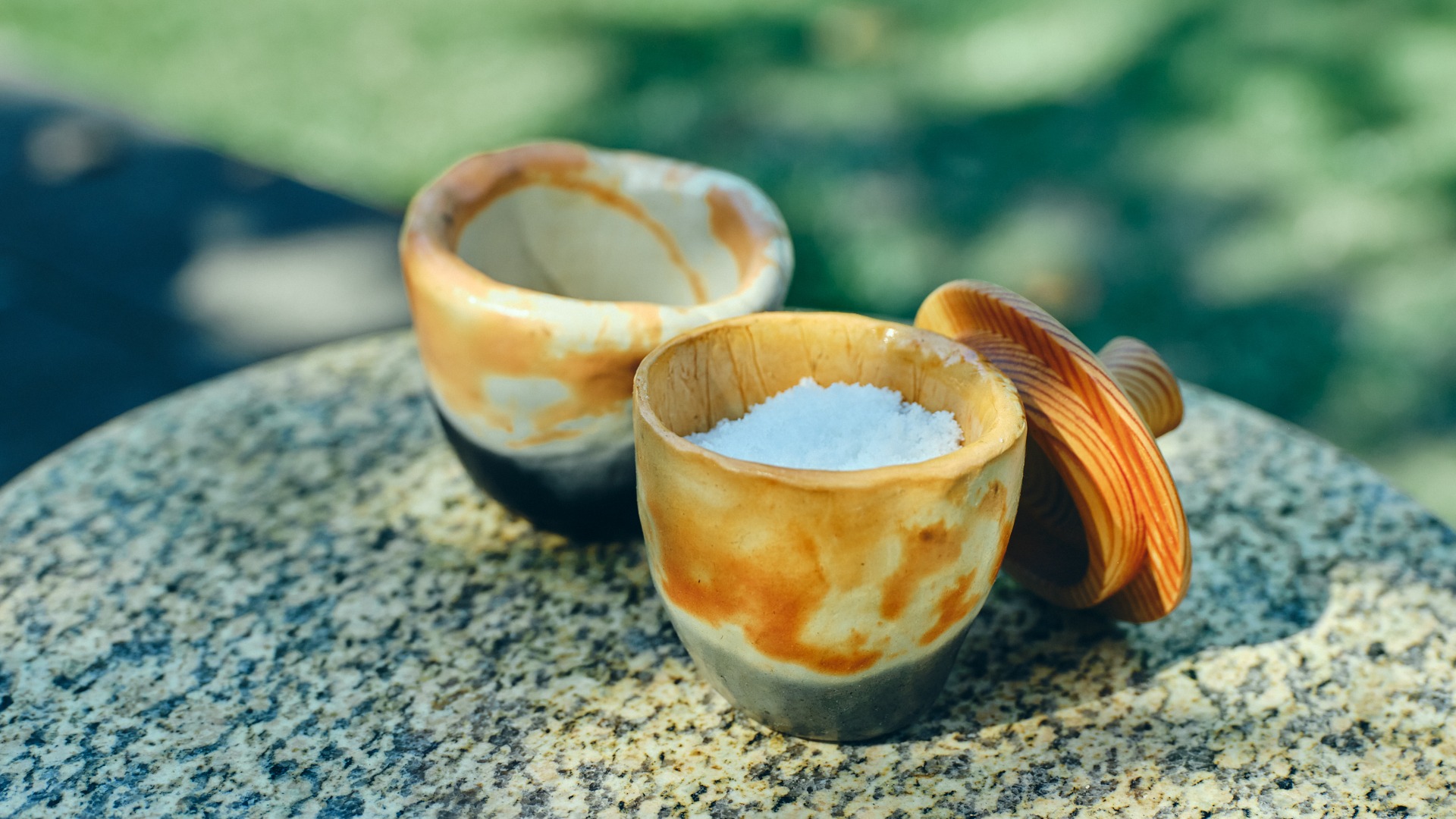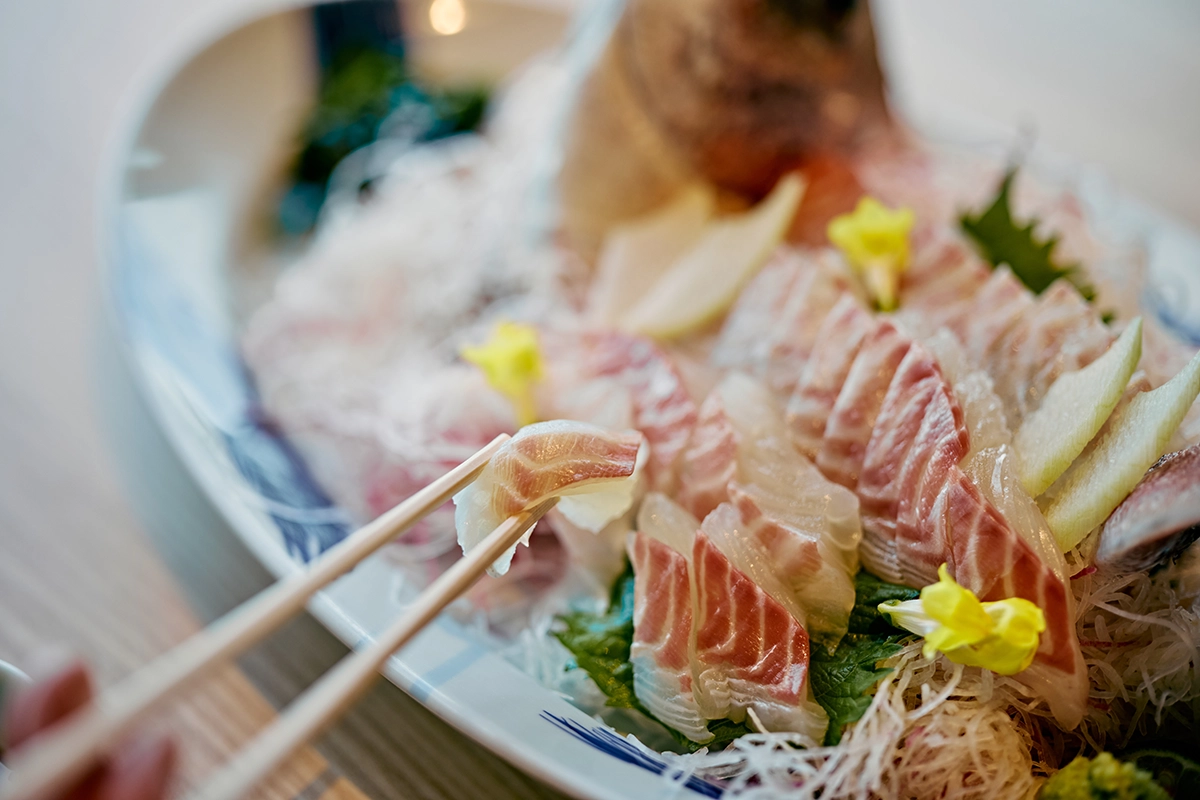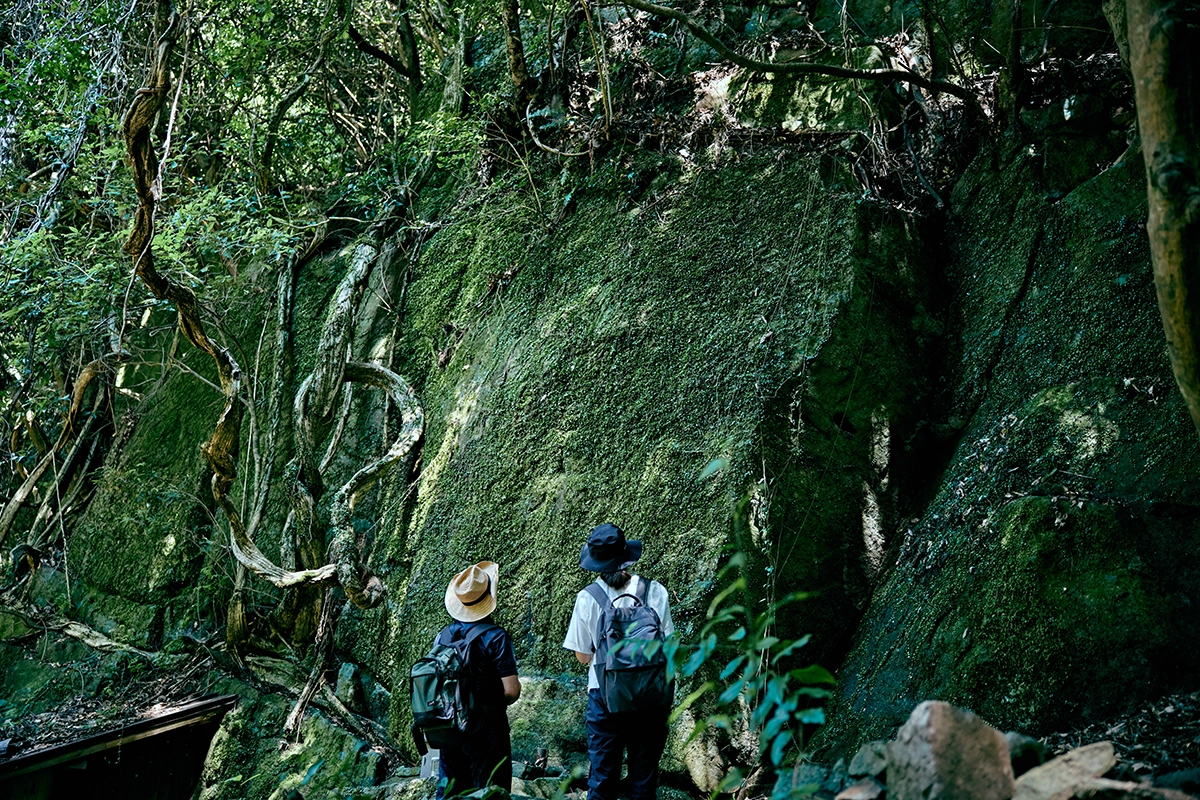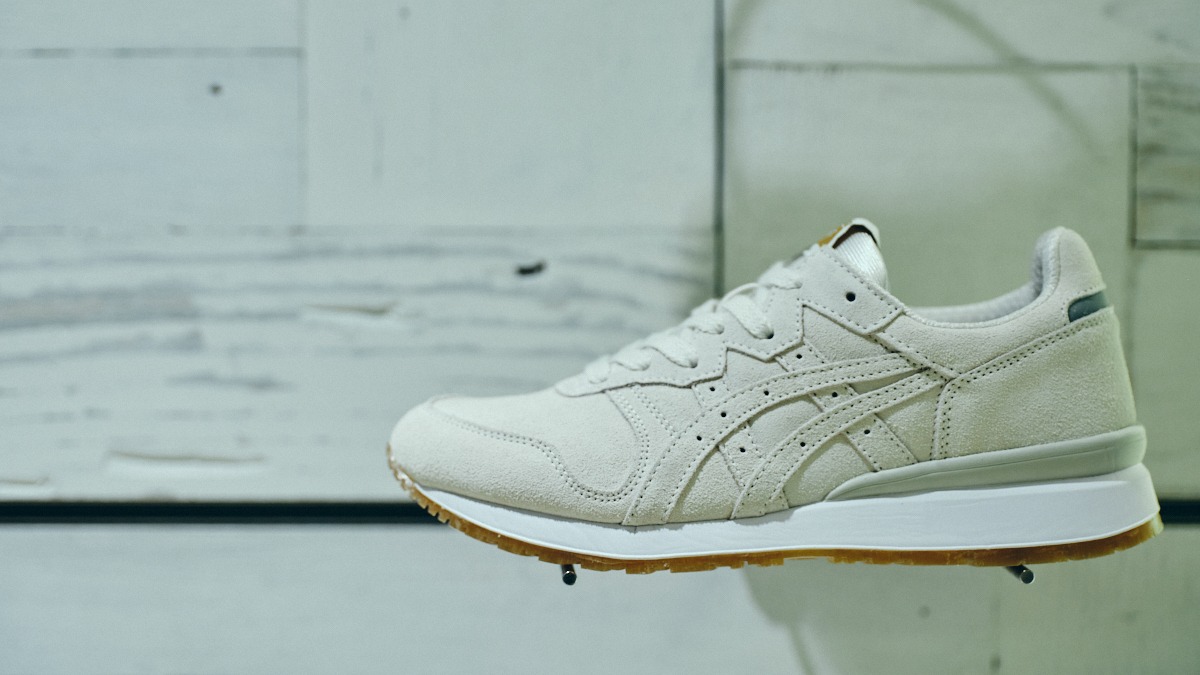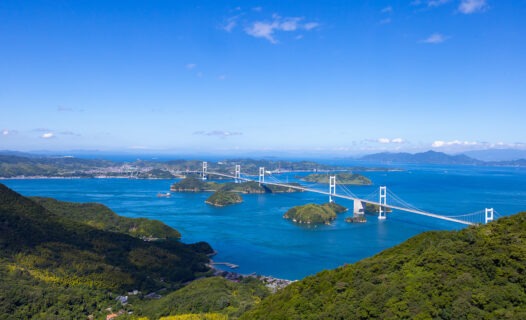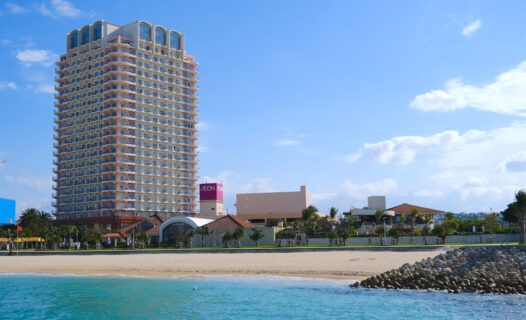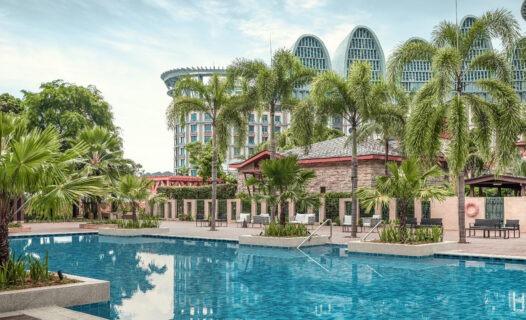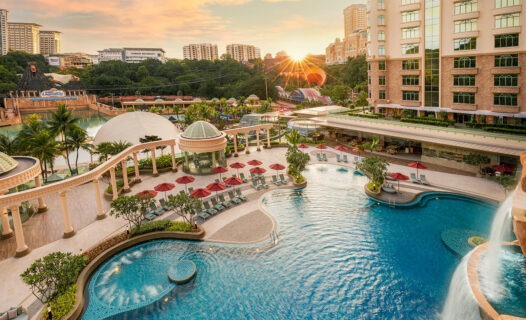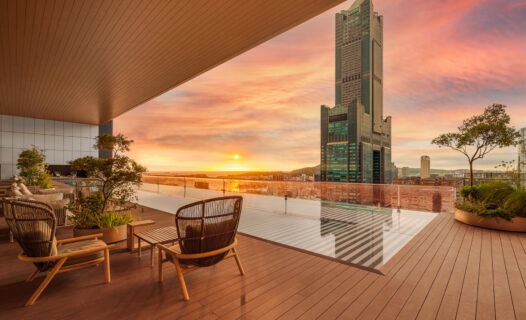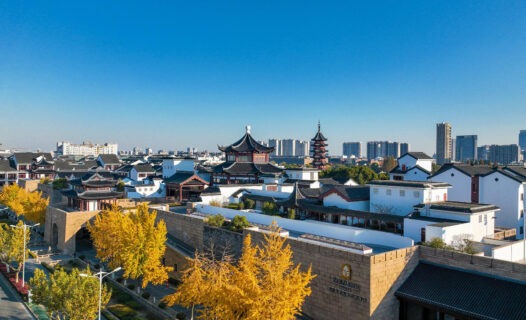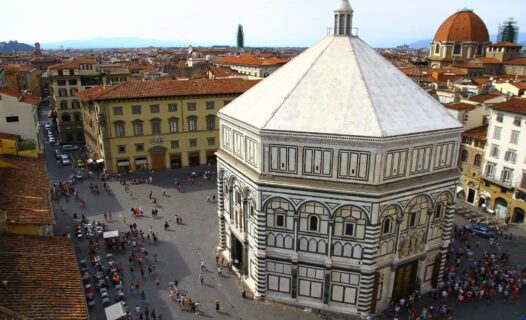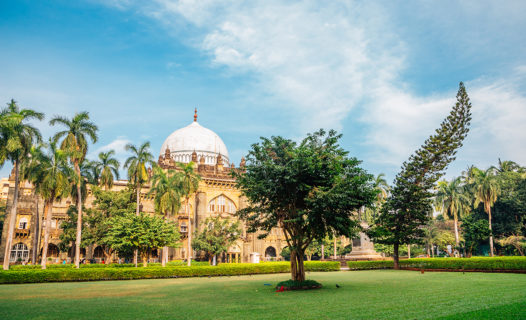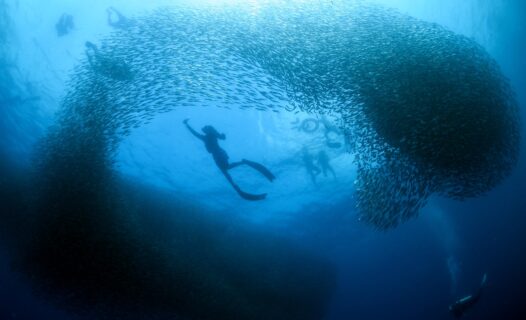Welcome to Bandung: A Hidden Gem in Indonesia
If you’re on the hunt for a travel destination that blends stunning natural beauty with rich cultural experiences, look no further than Bandung, Indonesia. Nestled in the lush hills of West Java, this vibrant city is a treasure trove of attractions, but one spot stands out above the rest: the breathtaking White Crater, or Kawah Putih. This enchanting site, famous for its striking turquoise lake and surreal volcanic landscape, is a must-visit for anyone exploring Bandung.
Bandung tourism has been on the rise, and it’s easy to see why. The city offers a delightful mix of adventure, relaxation, and culinary delights, making it perfect for families, couples, and solo travelers alike. Whether you’re an outdoor enthusiast, a foodie, or someone who simply enjoys soaking in beautiful views, Bandung has something special waiting for you. So, pack your bags and get ready for an unforgettable journey to Kawah Putih!
Discovering Kawah Putih: Nature’s Masterpiece
The White Crater is not just any crater; it’s a mesmerizing masterpiece of nature. Upon arrival, you’ll be greeted by the sight of a stunning turquoise lake, set against a backdrop of white sulfuric rocks and lush greenery. The vibrant color of the water, caused by the high sulfur content, creates a surreal atmosphere that feels almost otherworldly. As you stroll around the crater, the steam rising from the lake adds a mystical touch to the already breathtaking scenery.
This crater lake in Bandung is a remnant of the volcanic activity from Mount Patuha, which erupted centuries ago. The surrounding landscape is dotted with unique geological formations, making it a fascinating spot for nature lovers and photographers. Plus, the ecological significance of Kawah Putih cannot be overlooked. It serves as a habitat for various plant and animal species, some of which are endemic to the region. As you explore, keep your eyes peeled for exotic flora and fauna that thrive in this unique environment.
For those who love to snap Instagram-worthy photos, Kawah Putih is a dream come true. The contrast of the turquoise water against the white crater walls and the verdant forest creates a picturesque setting that’s perfect for your social media feed. So, don’t forget to bring your camera and capture the magic of this natural wonder!
Getting to Kawah Putih: Transportation Made Easy
Getting to Kawah Putih is a breeze, thanks to a variety of transportation options available for travelers. If you prefer the flexibility of exploring at your own pace, consider renting a private car. Numerous rental services operate in Bandung, allowing you to drive through the scenic countryside and enjoy the beautiful views along the way. Plus, having your own vehicle means you can stop at charming local spots or take photos whenever you like!
For those who are looking for a more budget-friendly option, public transport is available. Buses and shared vans run from Bandung to Kawah Putih, making it accessible for all types of travelers. Just be sure to check the schedules in advance, as they can vary throughout the day.
If you’d rather leave the planning to someone else, organized tours are another fantastic option. Many local tour companies offer day trips to Kawah Putih, complete with a knowledgeable guide who can share insights about the area’s history and ecology. This is a great way to meet fellow travelers and make new friends while exploring one of Bandung’s top attractions.
Accessibility is also taken into account, with many transport options catering to families and individuals with mobility challenges. Some tour operators provide vehicles that are equipped to accommodate wheelchairs, ensuring that everyone can enjoy the beauty of Kawah Putih.
Best Time to Visit Kawah Putih: Seasonal Insights
Timing is everything, especially when planning a trip to Kawah Putih. The best time to visit this stunning crater is during the dry season, which typically runs from May to September. During these months, you can expect clear skies and pleasant temperatures, making it ideal for outdoor activities and sightseeing.
Visiting during the weekdays can also help you avoid the crowds, allowing you to fully immerse yourself in the tranquility of the crater. If you’re looking to enjoy the beauty of Kawah Putih with fewer people around, consider planning your visit for early in the morning. The serene atmosphere and soft morning light make for perfect photography opportunities!
Throughout the year, seasonal activities abound in the area surrounding Kawah Putih. From hiking trails that offer breathtaking views to local festivals that celebrate the region’s culture, there’s always something happening. Be sure to check the local calendar before your visit to make the most of your trip!
Outdoor Adventures Await: Activities at Kawah Putih
Adventure seekers will find plenty to do at Kawah Putih! The area is home to a variety of hiking trails that cater to all skill levels. Whether you’re a seasoned hiker or a casual walker, you’ll find a path that suits you. The trails offer stunning views of the crater and the surrounding landscape, making each step a rewarding experience.
For photography enthusiasts, there are countless spots to capture the beauty of Kawah Putih. From the vibrant colors of the crater lake to the unique rock formations, every corner presents a new opportunity for the perfect shot. Don’t forget to explore the nearby tea plantations and hot springs, which add to the adventure and provide a glimpse into the local culture.
Guided eco-tours are also available, offering a deeper understanding of the region’s natural wonders. These tours often include informative sessions about the local ecosystem and conservation efforts, making it a meaningful experience for eco-conscious travelers. Whether you’re hiking, photographing, or learning, there’s an adventure waiting for everyone at Kawah Putih!
Culinary Delights: Savoring Local Flavors Near Kawah Putih
After exploring the stunning landscapes of Kawah Putih, your taste buds are in for a treat! Bandung is renowned for its culinary scene, offering a delightful array of local dishes that are sure to satisfy any palate. From street food to fine dining, the flavors of Bandung will leave you craving more.
Start your culinary adventure with nasi goreng, Indonesia’s beloved fried rice dish, often served with a fried egg on top. For a unique twist, try nasi timbel, which features rice wrapped in banana leaves, paired with grilled chicken or fish and a side of spicy sambal. If you’re a fan of spicy food, don’t miss out on ayam penyet, a smashed fried chicken dish served with sambal and fresh vegetables.
For dessert, indulge in pisang goreng (fried bananas) or kue cubir, a delightful little cake filled with sweet toppings. The local street vendors offer some of the best snacks, so keep an eye out for food stalls while you explore the area!
If you’re interested in learning how to prepare these delicious dishes, consider joining a cooking class or a food tour. Many local chefs offer hands-on experiences where you can learn the secrets of Indonesian cuisine and enjoy a meal you’ve made yourself. This is a fantastic way to immerse yourself in the local culture while having a fun and interactive experience.
Cultural Insights: Legends and Folklore of Kawah Putih
As you wander around Kawah Putih, you might hear whispers of local legends and folklore that add a layer of intrigue to this beautiful site. One popular tale speaks of a princess who fell in love with a commoner. To be together, they would meet at the White Crater, but their love was forbidden. Tragically, the couple perished in the crater, and it is said that their spirits still roam the area, adding to its mystical charm.
These stories are not just entertaining; they are a window into the rich cultural tapestry of Bandung. Many local communities host events and workshops where visitors can learn about traditional crafts, music, and dance. Engaging with these cultural experiences provides a deeper appreciation of the region and its heritage.
Keep an eye out for community events that celebrate local traditions, such as dance performances or art exhibitions. Participating in these activities is a fantastic way to connect with the locals and understand the significance of Kawah Putih in their culture.
Fun Facts About Kawah Putih: Trivia for Travelers
Ready to impress your friends with some fun trivia? Here are some interesting tidbits about Kawah Putih:
- The crater was formed after the eruption of Mount Patuha, which occurred over 10,000 years ago!
- The unique turquoise color of the lake changes depending on the weather and the sulfur content in the water.
- Kawah Putih is one of the most photographed spots in Indonesia, attracting photographers from around the world!
- It’s believed that the sulfuric waters of the lake have healing properties, making it a popular spot for wellness seekers.
These fun facts not only enhance your visit but also make for great conversation starters during your travels. So, share them with fellow travelers and locals alike!
Detailed Day Itinerary: A Perfect Day at Kawah Putih
Planning a day at Kawah Putih? Here’s a suggested itinerary to help you make the most of your visit:
Morning
- 7:00 AM: Start your day early to catch the sunrise at Kawah Putih. The soft morning light paints the landscape in stunning hues, perfect for photography!
- 8:00 AM: Enjoy a leisurely breakfast at a local café. Try some traditional Indonesian breakfast dishes paired with a cup of local coffee.
Midday
- 10:00 AM: Head to Kawah Putih. Spend some time exploring the crater and taking in the breathtaking views. Don’t forget to snap plenty of photos!
- 12:00 PM: Pack a picnic lunch or enjoy a meal at one of the nearby restaurants that offer local specialties.
Afternoon
- 1:00 PM: Go for a hike on one of the trails surrounding the crater. Choose a path that suits your fitness level and enjoy the fresh air and stunning scenery.
- 3:00 PM: Visit the nearby tea plantations for a relaxing stroll and a chance to learn about the tea-making process.
Evening
- 5:00 PM: After a fulfilling day, head back to Bandung and treat yourself to a delicious dinner at a local restaurant.
- 7:00 PM: Wrap up your day by exploring Bandung’s vibrant night market for some shopping and local snacks.
This itinerary ensures a balanced experience of nature, adventure, and local cuisine, making your day at Kawah Putih truly memorable.
Practical Information for Travelers: Tips and Guidelines
Before you set off for Kawah Putih, here are some practical tips to ensure a smooth visit:
- Opening Hours: Kawah Putih is open daily from 7:00 AM to 5:00 PM. Arriving early is key to avoiding crowds and enjoying the serene atmosphere.
- Entrance Fees: There is a small entrance fee to access the crater, which helps maintain the area. Be sure to bring cash, as card payments may not be accepted.
- Safety Guidelines: Always stay on marked paths and be cautious near the edge of the crater. The sulfuric gases can be harmful, so if you feel dizzy or uncomfortable, move away from the area.
- What to Bring: Don’t forget to pack sunscreen, a hat, and plenty of water. A light jacket is also recommended, as temperatures can drop in the evening.
Being prepared will help you enjoy your visit to Kawah Putih without any hiccups!
Sustainability and Conservation: Eco-Friendly Travel at Kawah Putih
As you enjoy the natural beauty of Kawah Putih, it’s important to remember the significance of preserving this stunning environment. Eco-tourism practices are becoming increasingly popular, and many visitors are eager to contribute to conservation efforts.
One way to practice eco-friendly travel is by minimizing waste. Bring a reusable water bottle and avoid single-use plastics. Participate in guided eco-tours that focus on local conservation efforts and educate visitors about the ecosystem.
Support local communities by purchasing handmade crafts and souvenirs, which directly benefit the artisans and help sustain their livelihoods. By being a responsible traveler, you can enjoy the beauty of Kawah Putih while helping to protect it for future generations.
Shopping Guide: Souvenirs and Local Crafts
No trip is complete without a little shopping! Near Kawah Putih, you’ll find various markets and shops offering unique souvenirs and local crafts. From traditional batik fabrics to handmade jewelry, there’s something for everyone.
Don’t miss the chance to pick up keris, a traditional dagger that holds cultural significance in Indonesia. These beautifully crafted pieces make for stunning décor or a unique gift for loved ones back home. You can also find local snacks, such as keripik (crispy snacks), which are perfect for sharing with friends and family.
Bartering is common in local markets, so don’t hesitate to negotiate prices. It’s all part of the fun and a great way to engage with the local culture!
Seasonal Travel Insights: What to Expect Year-Round
Bandung’s climate is relatively mild, making it a year-round destination. However, each season brings its own charm and activities. Here’s what to expect:
- Dry Season (May to September): This is the best time to visit Kawah Putih for clear skies and pleasant weather. Perfect for outdoor activities and photography!
- Wet Season (October to April): While rain is more frequent, the landscape transforms into a lush paradise. Just be prepared for occasional downpours and plan indoor activities as well.
Regardless of when you visit, there’s always something happening in Bandung. Check local calendars for festivals and events that showcase the rich culture and traditions of the region.
Commonly Asked Questions (FAQs) About Kawah Putih
Here are some frequently asked questions to help you plan your visit:
- Is Kawah Putih safe to visit? Yes, as long as you follow safety guidelines and stay on marked paths. Be cautious of sulfur fumes, especially if you have respiratory issues.
- Can I bring children to Kawah Putih? Absolutely! It’s a family-friendly destination, but keep an eye on younger children near the crater’s edge.
- What should I wear? Comfortable clothing and sturdy shoes are recommended. A light jacket is also a good idea for cooler temperatures.
- Are there restrooms available? Yes, there are public restrooms near the entrance, but they may not always be well-maintained.
With these insights, you’re all set for an unforgettable adventure at Kawah Putih!
Whether you’re captivated by the stunning landscapes, enchanted by local legends, or indulging in delicious culinary experiences, Kawah Putih is a destination that promises to leave a lasting impression. So, pack your bags and get ready for an incredible journey in Bandung!
